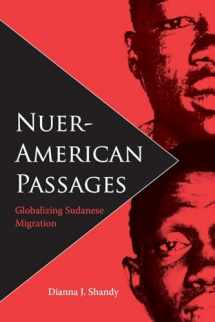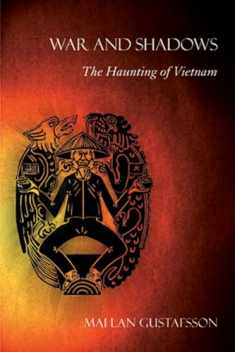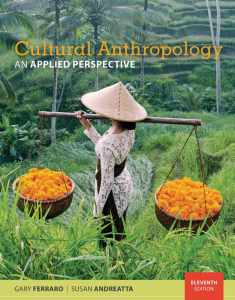
Nuer-American Passages: Globalizing Sudanese Migration (New World Diasporas)
Book details
Summary
Description
”The Nuer of southern Sudan, enshrined in anthropological lore by E. E. Evans-Pritchard a half century ago, continue to fascinate. Shandy traces their diaspora, mainly to the United States, as the result of decades of Sudanese civil war. . . . Recommended.”—Choice
”A powerful ethnography, it highlights the migratory patterns of the Nuer people whose lives and worldviews have inspired generations of anthropologists all over the world. . . . A welcome contribution to the documentation of one of the most interesting political migrations today.”—Rogaia Mustafa Abusharaf, Brown University
As civil war raged through Sudan, the Nuer—traditionally cattle farmers—fled to the United States as refugees, settling in such far-flung places as Sioux Falls, South Dakota; Nashville, Tennessee; and St. Paul, Minnesota. In this study of their migration, Dianna Shandy asks how the diaspora Nuer, especially Nuer-Americans, deal with complex social networks while maintaining their Nuerness.
What parts of a people’s culture are left behind when they move to another country? How much of the home culture and coping strategies continue to aid refugees trying to fit into a new society? How do refugee remittances from those in the diaspora to those who remain in the home country create new configurations of social power? These questions are not only crucial for understanding how best to view refugees, but all global migrants.


We would LOVE it if you could help us and other readers by reviewing the book
Book review





